This section is for paid subscribers only. Our subscription is only $3700/- for one full year.
You get unlimited access to all paid section and features on the website with this subscription.
Subscribe to read full article
This section is for paid subscribers only. Our subscription is only $37/- for one full year.
You get unlimited access to all paid section and features on the website with this subscription.
Not ready for a full subscription?
You can access this article for $2, and have it saved to your account for one year.
- Release Date1957
- GenreRomance
- FormatB-W
- LanguageHindi
- Run Time141 mins
- Length3936.49 meters
- Number of Reels15
- Gauge35 mm
- Censor RatingU
- Censor Certificate NumberU-19080-MUM
- Certificate Date30/01/1957
- Shooting LocationFamous Cine Laboratory (Mahalaxmi, Bombay)
In life, 'Love' manifests itself through a mother, a companion, a woman, an offspring and as the evening of life approaches, it merges into God again. This love, the noblest and mightiest human feeling, is being today turned into a commodity to be bought and sold instead of being cherished and treasured. It is analysed and desected instead of being accepted as a spontaneous human feeling. It is the head and not the heart that rules love today, and it is this conflict between the head and the heart that leads three young, innocent girls and three struggling artists to nearly wreck their love in the stormy sea of life.
It was late afternoon. Ranjit, a young painter, Pradeep, a writer, and Mohan a singer, by a stroke of chance, get themselves introduced to each other and become friends spontaneously as they all share the same hopes, ambitions and frustrations. Pradeep wants to help Ranjit and accompanies him to his hovel to select a few of his paintings for his magazine. In the dark dingy hovel, Pradeep comes to know that Ranjit had six months rent in arrears and was living in constant fear of being thrown out. Pradeep meets the landlord's young daughter, Rakha, who, a painter herself, mistakes Pradeep to be the painter and persuades her father to forego all the rent and allow Ranjit to stay in the house as long as he likes.
Mohan, the singer is, in the meantime, chased out of his room by his neighbours for his singing and rushes to the coffee house to his friends. He finds Ranjit and both of them decide to go to Pradeep for successor.
Pradeep, the editor, is absent and while Ranjit goes searching for him, Kalpana, a young ambitious writer, accosts Mohan and taking him to be the erst-while editor pours out all her admiration for the writer. But before Mohan can clear the misunderstanding, Ranjit re-appears and drags Mohan out to face the music with his neighbours.
In Mohan's house, Ranjit meets Geeta, a singer and admirer of Mohan, and taking her to be one of the miscreants pours out all his venom on innocent Geeta. Mistaking Ranjit to be Mohan, the singer, Geeta does not hesitate to express her great regard for him and assures Ranjit that he could from then onwards practice his singing without any interference from his neighbours.
The next time, the three friends meet at the coffee house, they ponder over their meeting with the three girls and they decide to exchange their rooms to be near their beloveds and reveal their true identities to them. But unfortunately, the three girls express their strong dislike for any form of art other than what they love and admire them for.
Driven to desperation the three artists try to learn each other's job-but all in vain. In the meantime, through Rekha's father, the girls arrange their marriages and wait for the happy occasion. But in the marriage pandal, the girls for the first time come to know the true identities of Pradeep-the writer, Mohan-the singer, and Ranjit-the painter, and they all leave the marriage pandal in a huff.
Through the good offices of the coffee house waiter, however, the girls come to realise that it is the person they are in love with and not their achievements, and so, the heart over-rules the head and the three young ladies move out into the world to build their castles of happiness around the men they love.
(From the official press booklet)
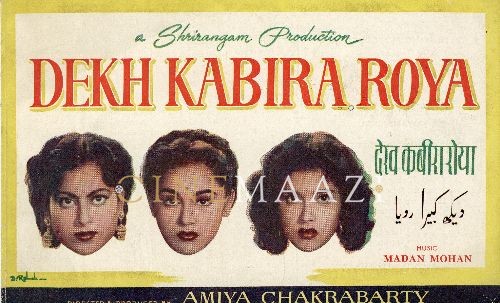
Cast
-
Anita Guha
Rekha
Crew
-
BannerShrirangam Production
-
Director
-
Music Director
-
Lyricist
-
Producer & Financier
-
Story Writer
-
Dialogues
-
Cinematography
-
Editing
-
Art Director/Production Design
-
Choreography
-
Make-up
-
Laboratory/ Processed atBombay Film Labs P. Ltd.
-
Music CompanyH M V.
-
StillsKamat Foto Flash
-
Production Manager




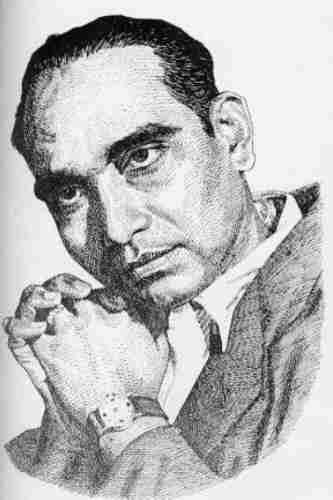
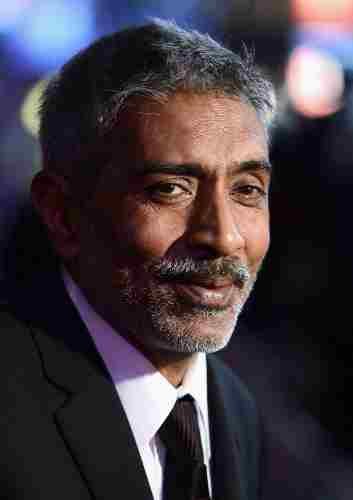
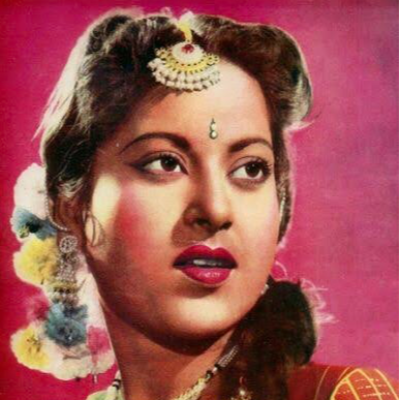
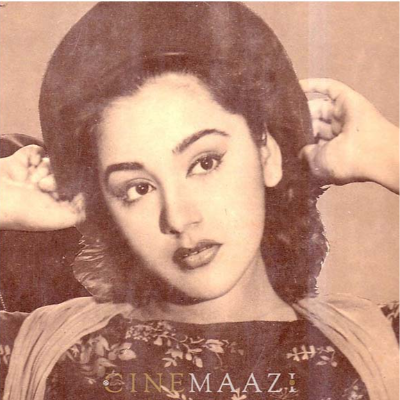
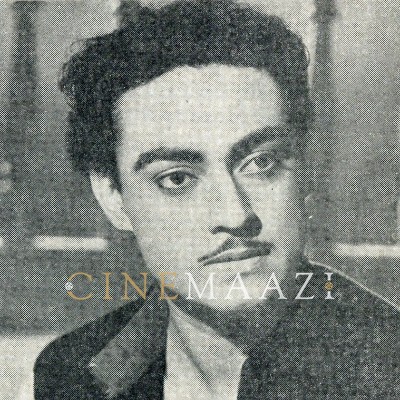
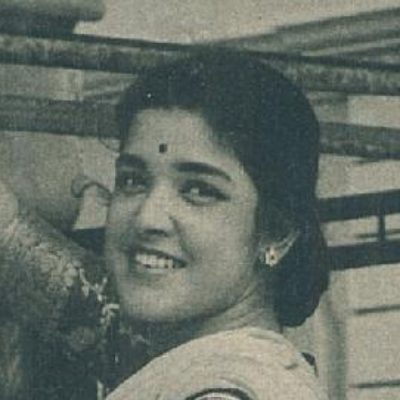

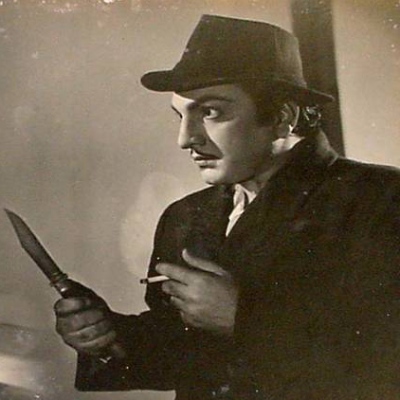
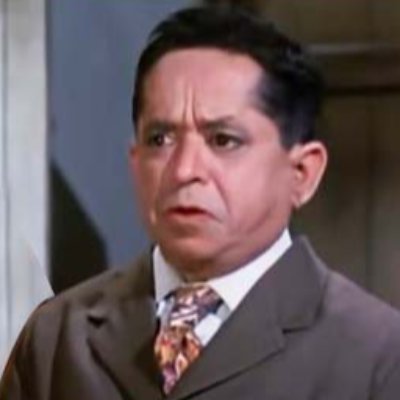
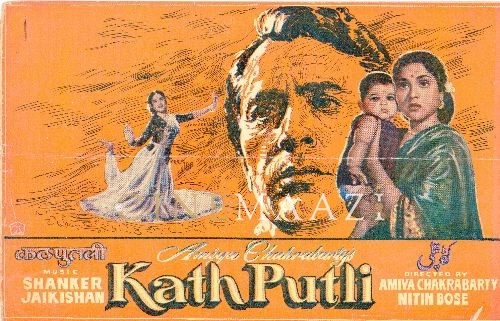
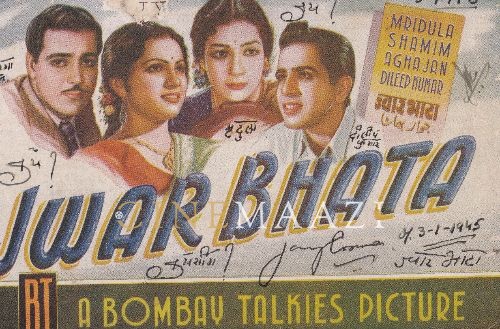

.jpg)



